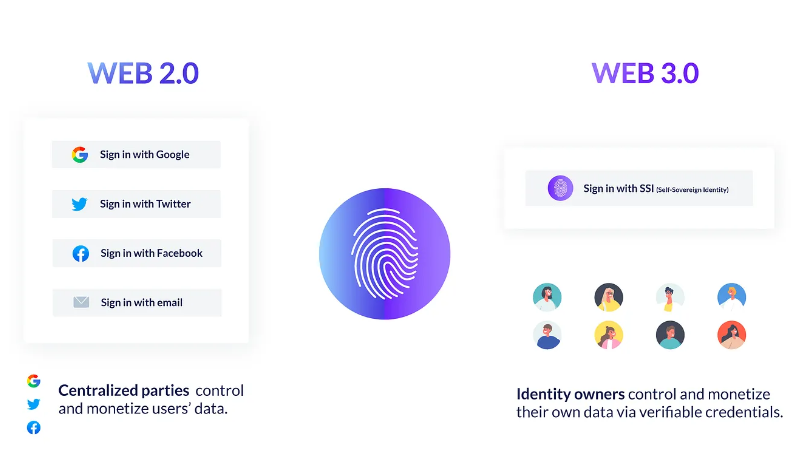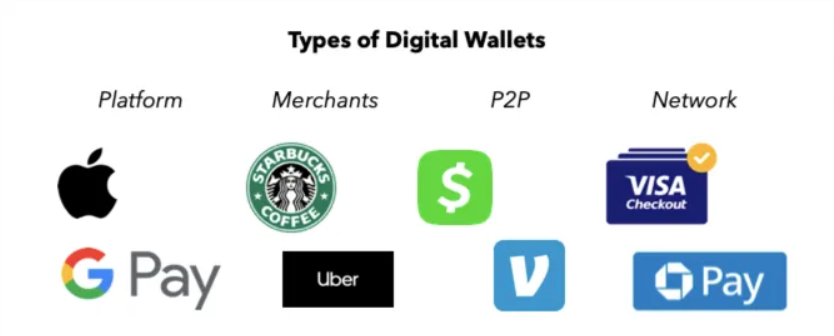

Digital identity has become an integral part of our lives in the digital age. It’s the key that unlocks access to our online accounts, services, and interactions. However, the way we manage and secure our digital identities is rapidly evolving. In this blog post, we will explore the future of digital identity, examining the trends, challenges, and opportunities that lie ahead.
Our digital identities today are typically a collection of usernames, passwords, and personal information stored across various online platforms and services. While this system has served us reasonably well, it is far from perfect. Data breaches, identity theft, and the inconvenience of managing numerous login credentials have highlighted the need for a more secure and user-friendly approach.
Self-Sovereign Identity (SSI): One of the most promising trends in digital identity is the concept of self-sovereign identity. SSI empowers individuals to have full control over their digital identity. It’s built on decentralized technologies like blockchain, allowing users to store their identity data securely and share it selectively with trusted parties. This paradigm shift puts users in charge of their personal information, reducing the risk of data breaches.

Biometrics and Multi-Factor Authentication: Biometric authentication methods, such as fingerprint and facial recognition, are becoming increasingly prevalent. These technologies offer a more secure and convenient way to verify one’s identity. Paired with multi-factor authentication (MFA), they provide an extra layer of protection against unauthorized access.
Digital Wallets: Digital wallets are evolving to serve as secure containers for personal identity information. These wallets are often backed by blockchain technology and can store credentials, certificates, and even cryptocurrency assets. Users can share their information securely without exposing sensitive data.

Zero-Knowledge Proofs: Zero-knowledge proofs are cryptographic techniques that allow one party to prove they know something (e.g., their age) without revealing the underlying data (e.g., their birthdate). This technology enhances privacy and security when verifying personal information.

Government and Industry Initiatives: Governments and industries are recognizing the importance of digital identity. Initiatives to establish standardized, interoperable digital identity systems are gaining traction, aiming to simplify identity verification across borders and industries.
Balancing security and privacy is critical. Users must trust that their personal information will not be misused or exploited.
Ensuring that different digital identity systems can work together seamlessly is a complex task. Achieving interoperability is crucial for widespread adoption.
As digital identity systems become more sophisticated, they may also become more attractive targets for cyberattacks. Robust security measures are essential.
Users must be educated about the risks and benefits of new digital identity technologies to make informed choices.
The future of digital identity promises a more secure, convenient, and user-centric approach to managing our online personas. Self-sovereign identity, biometrics, digital wallets, and other emerging technologies are reshaping how we verify and protect our digital identities. As these innovations continue to evolve and mature, we can look forward to a digital identity landscape that is not only safer but also more user-friendly and adaptable to the needs of our increasingly digital lives. It’s a future where individuals have greater control over their online presence, and where privacy and security are paramount.
For contact enquiries, please visit: